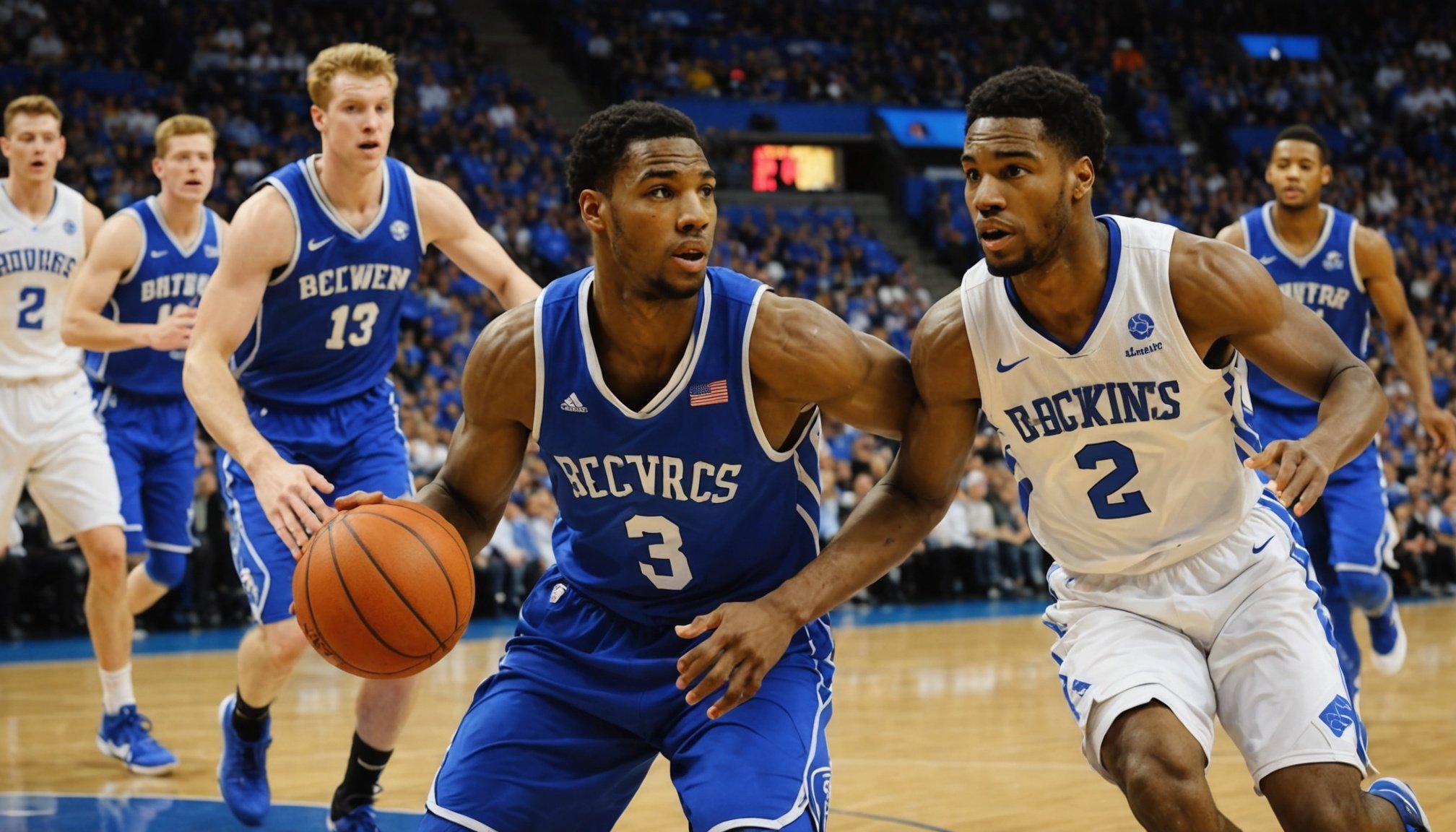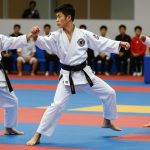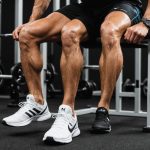Ultimate Recovery Tactics for UK Basketball Players Post Double-Header Games
Understanding the Importance of Recovery in Basketball
When it comes to high-intensity sports like basketball, particularly for teams that face the demanding schedule of double-header games, recovery is not just a luxury but a necessity. The physical and mental toll of back-to-back games can be significant, and neglecting recovery can lead to decreased performance, increased risk of injury, and long-term health issues.
For UK basketball players, the competitive spirit and the drive to excel are paramount. However, this drive must be balanced with a systematic approach to recovery to ensure that players can maintain their health and performance over the season.
Also to read : Top Agility Drills Every UK Basketball Forward Should Master for Peak Performance
Physical Recovery Strategies
Physical recovery is a multifaceted process that involves several key components.
Rest and Sleep
Rest and sleep are the foundation of physical recovery. After a double-header, players need to ensure they get adequate sleep to allow their bodies to repair and rebuild muscle tissue. Here are some tips for improving sleep quality:
Also read : Essential Mental Toughness Strategies for UK Basketball Players Tackling High-Pressure Challenges
- Create a Sleep-Conducive Environment: Ensure the bedroom is dark, quiet, and at a comfortable temperature.
- Avoid Screens Before Bed: The blue light from screens can interfere with the body’s production of melatonin.
- Stick to a Routine: Go to bed and wake up at the same time every day, even on weekends.
Nutrition and Hydration
Proper nutrition and hydration are crucial for replenishing energy stores and supporting muscle repair.
- Post-Game Meal: Consume a balanced meal with a mix of carbohydrates and protein within 30-60 minutes after the game to help with recovery.
- Stay Hydrated: Drink plenty of water throughout the day, and consider electrolyte-rich drinks to replace lost salts.
- Avoid Processed Foods: Opt for whole, nutrient-dense foods to support overall health.
Active Recovery
Active recovery involves light physical activities that help promote blood flow and aid in the removal of waste products from the muscles.
- Light Cardio: Engage in low-intensity cardio such as cycling, swimming, or jogging.
- Stretching and Foam Rolling: Regular stretching and foam rolling can help reduce muscle soreness and improve flexibility.
Mental Health and Recovery
Mental health is just as important as physical health, especially in high-pressure sports environments.
Stress Management
Stress can exacerbate physical fatigue and impact performance. Here are some strategies for managing stress:
- Mindfulness and Meditation: Practice mindfulness techniques or meditation to reduce stress and improve focus.
- Communication: Encourage players to communicate openly with team staff and teammates about their mental health.
- Downtime: Ensure players have time to relax and engage in activities they enjoy outside of basketball.
Mental Preparation
Mental preparation is key to maintaining a competitive edge.
- Visualization Techniques: Use visualization to prepare for upcoming games and build confidence.
- Positive Self-Talk: Encourage positive self-talk to maintain a positive mindset.
- Team Bonding: Foster a strong team dynamic through team-building activities to enhance mental resilience.
Injury Prevention and Management
Injuries are a significant risk in any contact sport, and basketball is no exception. Here are some strategies to prevent and manage injuries.
Concussion Protocols
Concussions are a serious concern in any sport involving head impact. Here are some steps to take:
- Immediate Removal: If a player shows signs of a concussion, they should be immediately removed from the game.
- Medical Evaluation: Ensure that any player suspected of having a concussion undergoes a thorough medical evaluation.
- Gradual Return: Follow a gradual return-to-play protocol to ensure the player is fully recovered before returning to competition.
General Injury Prevention
Preventing injuries involves a combination of training, equipment, and awareness.
- Proper Warm-Up and Cool-Down: Ensure players warm up and cool down properly to reduce the risk of muscle strains and other injuries.
- Use of Protective Gear: Use appropriate protective gear such as knee pads and elbow pads.
- Training Techniques: Focus on proper training techniques to reduce the risk of overuse injuries.
Practical Insights and Actionable Advice
Here are some practical tips and actionable advice for UK basketball players and their teams:
Detailed Recovery Plan
Develop a detailed recovery plan that includes rest, nutrition, hydration, and active recovery.
| Recovery Component | Description |
|---|---|
| Rest | Ensure 7-9 hours of sleep per night. |
| Nutrition | Consume a balanced meal with carbohydrates and protein post-game. |
| Hydration | Drink at least 8 glasses of water per day. |
| Active Recovery | Engage in light cardio and stretching exercises. |
Team Staff Involvement
Involve team staff members in the recovery process to ensure a systematic and high-quality approach.
- Trainers and Coaches: Work closely with trainers and coaches to develop personalized recovery plans.
- Nutritionists: Consult with nutritionists to ensure players are fueling their bodies correctly.
- Mental Health Professionals: Have mental health professionals available for players to discuss their mental well-being.
Player Education
Educate players on the importance of recovery and how to implement recovery strategies effectively.
- Workshops and Seminars: Conduct workshops and seminars on recovery techniques.
- Individualized Plans: Create individualized recovery plans based on each player’s needs and preferences.
- Continuous Feedback: Encourage continuous feedback from players to adjust recovery strategies as needed.
Real-Life Examples and Anecdotes
Amari Williams and Brandon Garrison
For example, Amari Williams and Brandon Garrison, two key players for the UK basketball team, have been known to dedicate extra time to recovery. In an interview, Amari Williams mentioned, “After a double-header, I make sure to get at least 8 hours of sleep and eat a balanced meal as soon as possible. It’s crucial for maintaining my performance and reducing the risk of injury.”
Team Sports Culture
In team sports like basketball, rugby, and football, the culture of recovery is becoming more prominent. For instance, the New Zealand rugby team is known for its rigorous recovery protocols, which include advanced nutrition plans, specialized training techniques, and a strong focus on mental health.
Recovery is an integral part of any athlete’s regimen, especially in demanding sports like basketball. By focusing on physical recovery strategies, mental health, injury prevention, and involving team staff, UK basketball players can ensure they are always at their best. Here’s a final quote from a sports health sciences expert:
“Recovery is not just about resting; it’s about actively engaging in strategies that support your body and mind. By doing so, athletes can enhance their performance, reduce the risk of injury, and maintain their overall health and well-being over the long term.”
By adopting these ultimate recovery tactics, UK basketball players can grow stronger, both physically and mentally, and achieve greater success in their sport.











